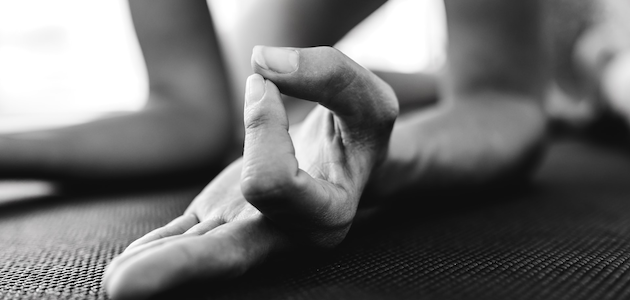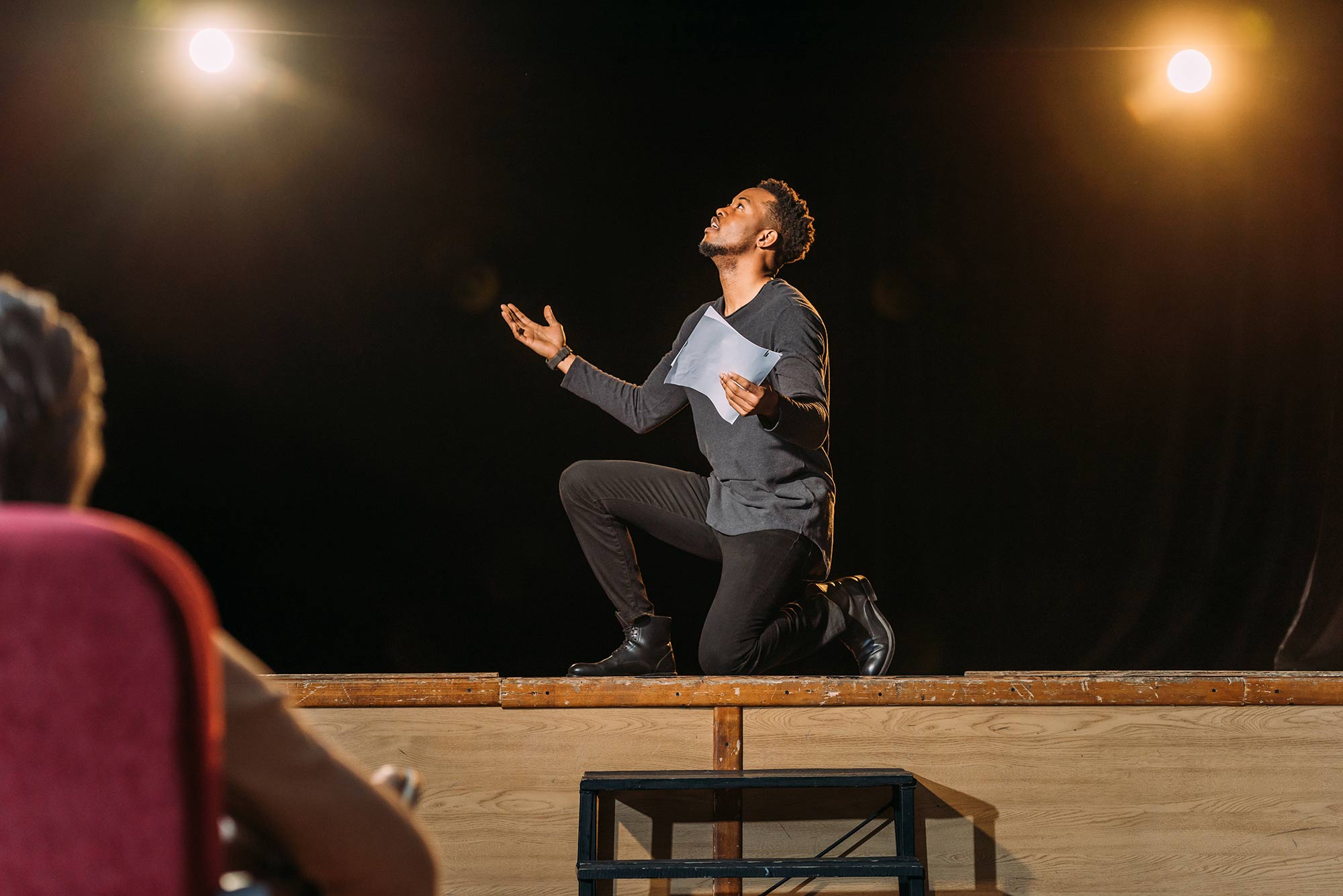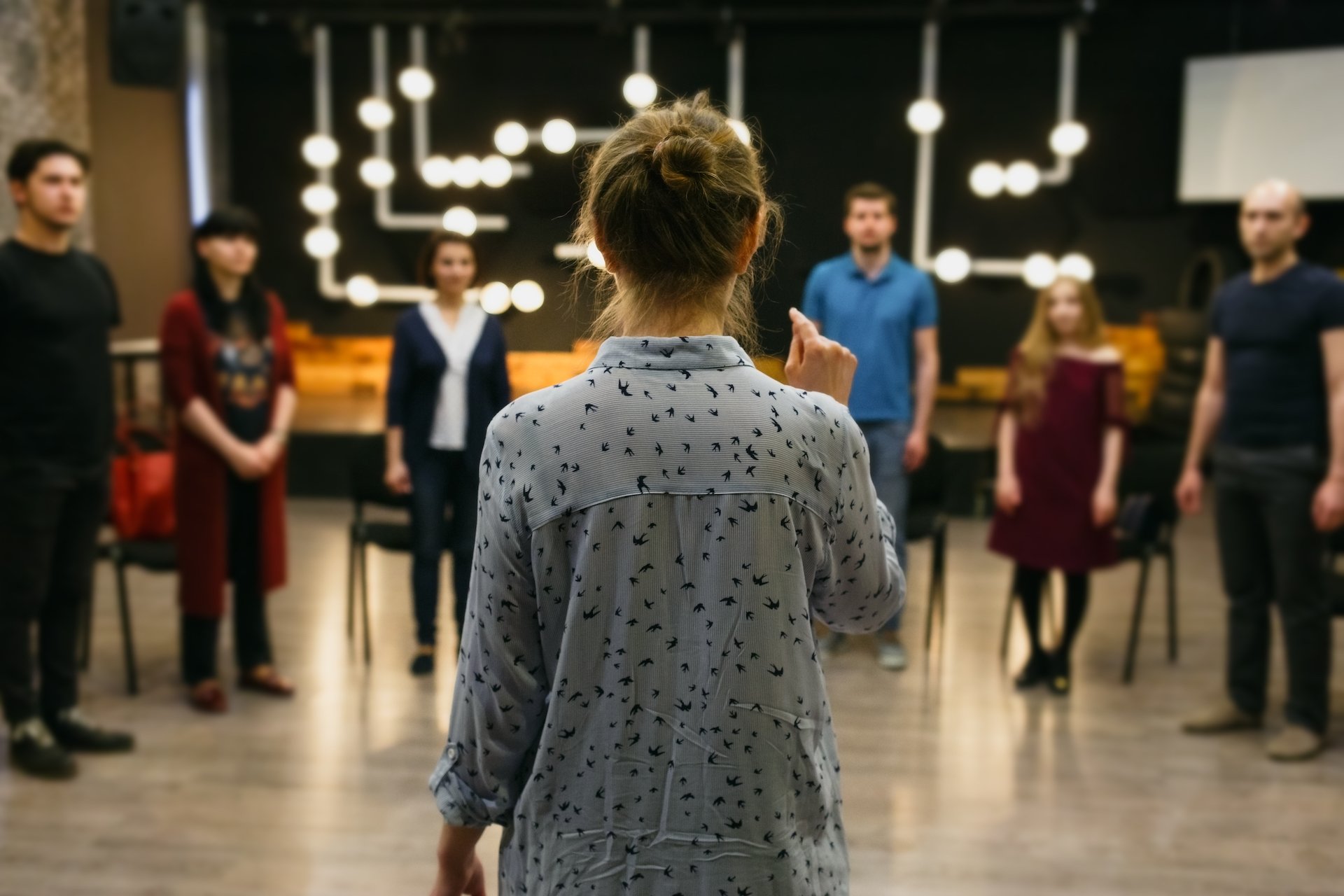
How to Prepare for Your Drama School Audition
I am fortunate enough to coach actors all around the world as they prepare for arguably the most important audition of their lives – drama school.
Though I have done 100’s of auditions in my life, no single audition has so significantly changed the course of my acting career as getting into drama school 9 years ago. For me it was the start of a commitment to acting, and was the defining factor in me being able to have a career as an actor. So yes, drama school auditions have stakes.
Now, how do you turn that immense, excited, nervous ball of energy and desire into a captivating audition that allows you to get recalled, shortlisted and finally accepted into a top drama school. Well that is the elusive question I hope to help you with today.
But before we begin, a few things to think about before auditioning… (if you’re already preparing for your audition, skip ahead)

What to think about before auditioning for Drama School
How many schools should I audition for?
I recommend auditioning for all the major drama schools in your country. That can vary from country to country, but is usually anywhere from 4 – 10 top schools. The UK and US are two countries with a myriad of great schools, though even there, I would generally cap out at around 10.
If you need help finding great acting schools.
And here’s how to decide which school is right for you.
Unfortunately, going to drama school is always going to be a bit of a gamble. That said, here are a few ideas to help you learn which school is right for you…
- Seek out grads. They have the most honest opinions of the school.
- Go to an open day if possible, and really investigate the school.
- Learn online. Most drama schools have decent websites. You can find out more about teaching staff, course curriculum, and usually insights on recent grad successes.
- Ask the industry. This is one fantastic piece of advice that very few actors take on, probably because when they are starting out they don’t have a lot of industry contacts, but if you do know anyone in the industry – theatre directors, casting directors, agents, ask their opinion on which schools are performing well at the moment.
Doing this research you will start to get a feel for the culture and ethos of a particular school. Though it’s not typically worth being too picky, to get offered a place at one school, would be a great achievement. If you get a handful of offers, then it might be worth taking the time to find out which is best for you.
More on choosing the right drama school for you.
Am I ready to audition for drama school?
Drama schools the world over are telling actors again and again, “I just think you’re not ready to train” or “you’re just too young, come back next year”. And these lines are not feeble excuses dished out to save teachers the awkwardness of telling you you’re rubbish. Drama school is intense and generally most drama schools try to avoid taking on actors who are very young (17-20), or very green. Though you might show promise, you are just too risky. So if you are very young, or haven’t had much acting experience, go easy on yourself, you have plenty of time.
That said, I am a huge advocate for starting to audition straight away after school. You get a sense of how the auditions run, learn from the experience and can come back again next year with rejuvenated energy and smash it out of the park. And who knows, maybe one school will take the gamble. And if not, you can always take a short course for a year or so at that college, that’s one way to see how it all works.
If you are simply a bit half-hearted about auditioning, do it anyway. It’s so difficult to get into a leading drama school, and so if you’re on the fence about training full time for 3 years, audition anyway. You might feel much differently once you’ve auditioned and maybe even offered a place at a school. I have never heard of an actor turning down a place at a top drama school. The excitement gets to us all. It’s an incredible opportunity, why not?
How to Prepare for a Drama School Audition

So, if you’ve come this far. You are ready to audition. It might be tomorrow or three months away, but either way, here are my strategies for preparing for your drama school audition.
#1 Give yourself plenty of lead in time
For those of you who are auditioning tomorrow, good luck! Whatever prep you’ve done is the prep you’ve done, trust it and enjoy. However, if this article has caught your eye before drama school auditions have kicked off, don’t leave it to the last minute!
You want to have plenty of time to read plays, pick great monologues or scenes, and do some serious, and intelligent acting preparation. This isn’t necessarily about working on your monologue every day for 3 months, but it is about slowly but surely chipping away at the work. If you are auditioning for multiple schools you will be surprised how much work it is.
I work with many students who a few weeks out are changing monologues and that stress WILL come across in the audition. Taking time to work on your pieces and feel rock solid on lines will help a huge amount in the audition.
#2 Pick active monologues
A huge tip for monologue or scene selection is to pick pieces that are active. Something where there is a real drive through the work. You don’t want to be too reflective or passive. There are too many actors auditioning, and if you’re stuck doing a passive monologue with passive choices, you’ll get lost in the sea of the passionless.
Note: this isn’t about being loud, aggressive or over the top. Simplicity is still so important. But if the work doesn’t ignite a fire within you and is too casual, you are unlikely to excite the panel.
#3 There is no perfect monologue
I still hate picking monologues. I have so much I want to show off as an actor, and feel like I can never find a monologue that shows all my strengths. The answer: that monologue doesn’t exist. A monologue is not a chance to show your complete range, but instead a chance to show a small slice of your ability. If done well, it will leave any discerning viewer excited to see what else you have to offer as an actor.
So be decisive. Often it’s the monologue we read and get that initial excitement about that ends up being the best choice.
Note: if you’ve given yourself enough time you can explore with a few monologues. Read new monologues each week and work on them or even better, perform them for a teacher or coach and see which ones really resonate with you.
For more on picking the right monologue.
#4 Work with a coach, even better, a vocal coach
The year I got into drama school was the year I worked consistently with an acting coach. I had auditioned for 2 years in a row, with only mediocre success and I was eager to make it third time lucky. So I sought out an incredible acting coach, and worked with her every fortnight leading up to the audition. That year I got in.
The fact of the matter is you are trying to get into drama school because you lack confidence, you lack a technique and don’t have an acting foundation, so going it alone is sort of mad. You don’t have to do a weekly class, but at some point in the process it is worth engaging with either a great acting teacher, respected actor, or director. If you can’t find anyone, I’d love to help.
Book in a private acting coaching session.
Furthermore, if you have the budget, and the drive, I would also seek out a voice coach. Especially for getting into drama school your vocal strength and flexibility is a huge asset, and a quick way to set yourself apart from the hundreds of other auditionees.
Note: when working with any teacher, follow your instincts. If a teacher is too didactic, and telling you the “right” way to perform the work, I would run for the hills. Any good acting coach will be collaborative, and not tell you the one way to perform a particular monologue.
#5 Take up a movement practice
Movement work makes up a huge component of any drama school training. Your ability to express yourself physically is integral to being an accomplished actor. One way to set yourself apart from the over-gesturing, hunched-shouldered masses, is to work on your physicality and alignment.
In the lead up to my successful audition for drama school I was doing weekly Alexander Technique sessions. This is one of many great practices that helps with alignment, and body connectivity. You could also look at Yoga, Feldenkrais, Tai Chi, Qi Gong, or best of all work with a specific movement practitioner. In most major cities there will be classes or you can book in one-on-one sessions.
#6 Set yourself apart with your classical chops!
Almost all drama schools test your acting chops on classical text. Challenging text like Marlowe, Shakespeare and Ibsen, topples young actors who are used to watching bad TV, and cliché films.
Though many actors I work with blow me away on their modern pieces, I see the cracks in their work the second a line of Shakespeare is uttered.
It is challenging. Classical work demands more breath, commitment and focus than most contemporary work.
Most actors have a good grasp on work that is close to their own vernacular, but many actors fall over on when working on the classics. The trick, turn classical language into your strength. If you want to get into drama school this is where you need to focus. And it isn’t just doing lots of work on one monologue!
Start reading and watching the work of Shakespeare, Marlowe, Sophocles and all the great playwrights. Start to get a sense of how their work demands more of you as an actor. If you’ve never performed Shakespeare and you expect to get into Juilliard after working on one monologue for 2 months, you’re mad. Start today, and make classical text work your strength.
#7 Think deeply about the work
Acting, as you know, is not just about learning the lines. But at this stage in your career, it’s unlikely you have a fully fledged acting technique. You probably don’t have a solid process for breaking down a monologue and so you need to use instincts and ask intelligent questions. Here are a few ideas you can throw at your monologue…
- What has just happened?
- Where am I? What time of day is it? What is in the space around me? How do I feel about the space?
- What do I want? Why do I continue to speak for 2 or 3 minutes? Finding out the reasons, or deciding on a reason for why you are speaking is vital.
- Who am I speaking to?
- What is my relationship to the person or people I am speaking to?
If you can answer these questions and let them colour your work, you are well on the way to a detailed and engaged audition piece. Many of these questions make up an area of acting preparation called Given Circumstances.
#8 Know your work backwards
I was working with an actor yesterday and asked him “what does this word mean”. He grew pale and eventually told me he didn’t know. This is potentially a game over moment mid-audition. And I totally get it. Many of you are not used to the unfamiliar language particular present in Shakespeare’s work. But you simply have to do the work. Know what every word, line and thought means. Just having a general understanding is not good enough.
#9 Have opinions
Drama school teachers will investigate your work more thoroughly if they like the offers you’ve made. They will ask why you chose this and that, and what you think of the character or the play. You have to be ready to answer all questions they might throw at you… Some key ones to think about:
- What did you think of the play? Did you like it?
- Do you like the playwright?
- What do you think the playwright is trying to say?
- What do you want in the scene?
- Who is this character? What is there relationship to the other characters?
On the day!

No matter how diligently you prepare, what matters is the work you do on the day. So here is how to give yourself the best chance possible on the day of the audition…
The Basics
Please don’t forget the basics: a good nights sleep, a healthy breakfast, and a bottle of water on the day. It can also be a good idea to clear a few days before the audition. You don’t want to be auditioning the day after a horrible day at work. So if you can clear your schedule you will be putting yourself in the best headspace possible to ace the audition.
Solid Warm up
I recommend always doing a decent physical and vocal warm up. Do this early in the morning, before arriving at the audition. With all that nervous energy sitting around you don’t want to be leaving your warm up until you arrive.
If you find meditation or going to the gym helpful, do that. You want to get yourself into the most open and relaxed state possible. That doesn’t mean lethargic, but nerves are your biggest obstacle on the day, so staying calm and centred is a great.
For a great voice warm up.
Be a good person
In a lot of drama school auditions, certainly at the recall stages, you will start to engage with the teachers more directly. Often you will have a casual interview or you might just be asked a few questions. They want to see you, not how much you know about acting. Don’t be a showoff, don’t try to be interesting. They are just looking to see that you are a switched on and engaged person and someone who would work well in an ensemble.
Note: interact positively with the student helpers on the day. They pass on details to the teachers.
Make it about the work
Get up. And do your work. If you need a moment, take it, but please don’t start rolling on the floor, or doing deep breathing for a whole minute. They love seeing an actor jump up, centre themselves and deliver an energised, connected and interesting performance.
What to think about just before starting a monologue?
A colossal question that is deeply personal for all actors. My advice is to play with this in your preparation. What works for me, doesn’t work for you. I would always take a moment to work out your geography. Where are the people I am talking to in the room? What is in the room?
Then I would think about what has just happened. In the context of the play did someone just speak, or has there been silence? Transcending into this moment before will help to fire you into the work.
Post drama school audition
There are many actors, myself included, who take years and years to get into reputable drama schools, so be kind to yourself. If you get in this year, fantastic! (Send me an email). If you don’t, then there are always more schools, and more years. Hopefully just the process of auditioning will help you understand what you can work on for next time.
Always remember, there are many factors including your age, your look, even the time you auditioned, that all come into play. You are not a bad actor just because you get rejected from drama school. Ever hear of Daniel Craig? Rejected by LAMDA, RADA and the Young Vic, and he still did alright.
Go and do something fun, put it behind you, and quietly keep your fingers crossed.

Leave a Reply